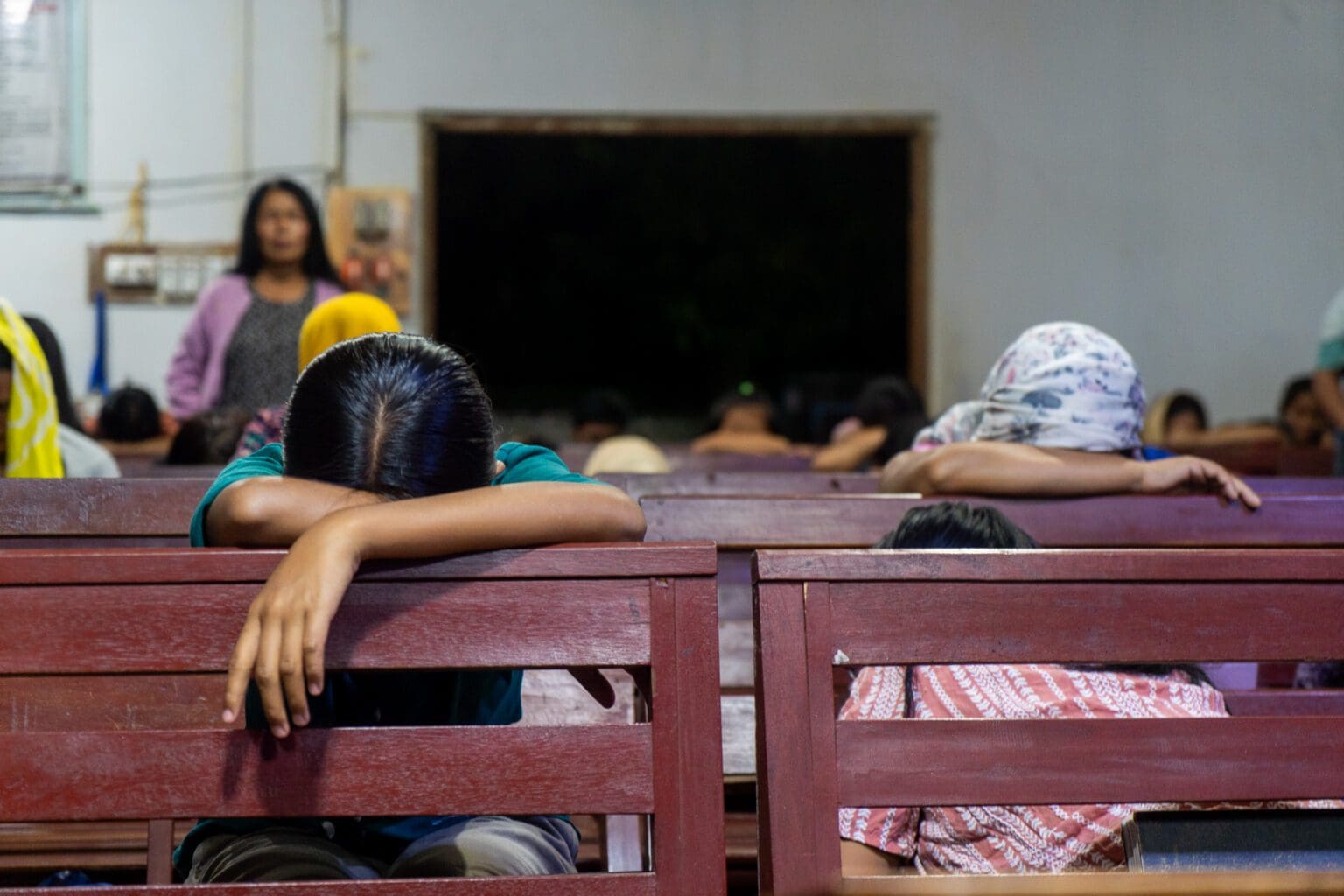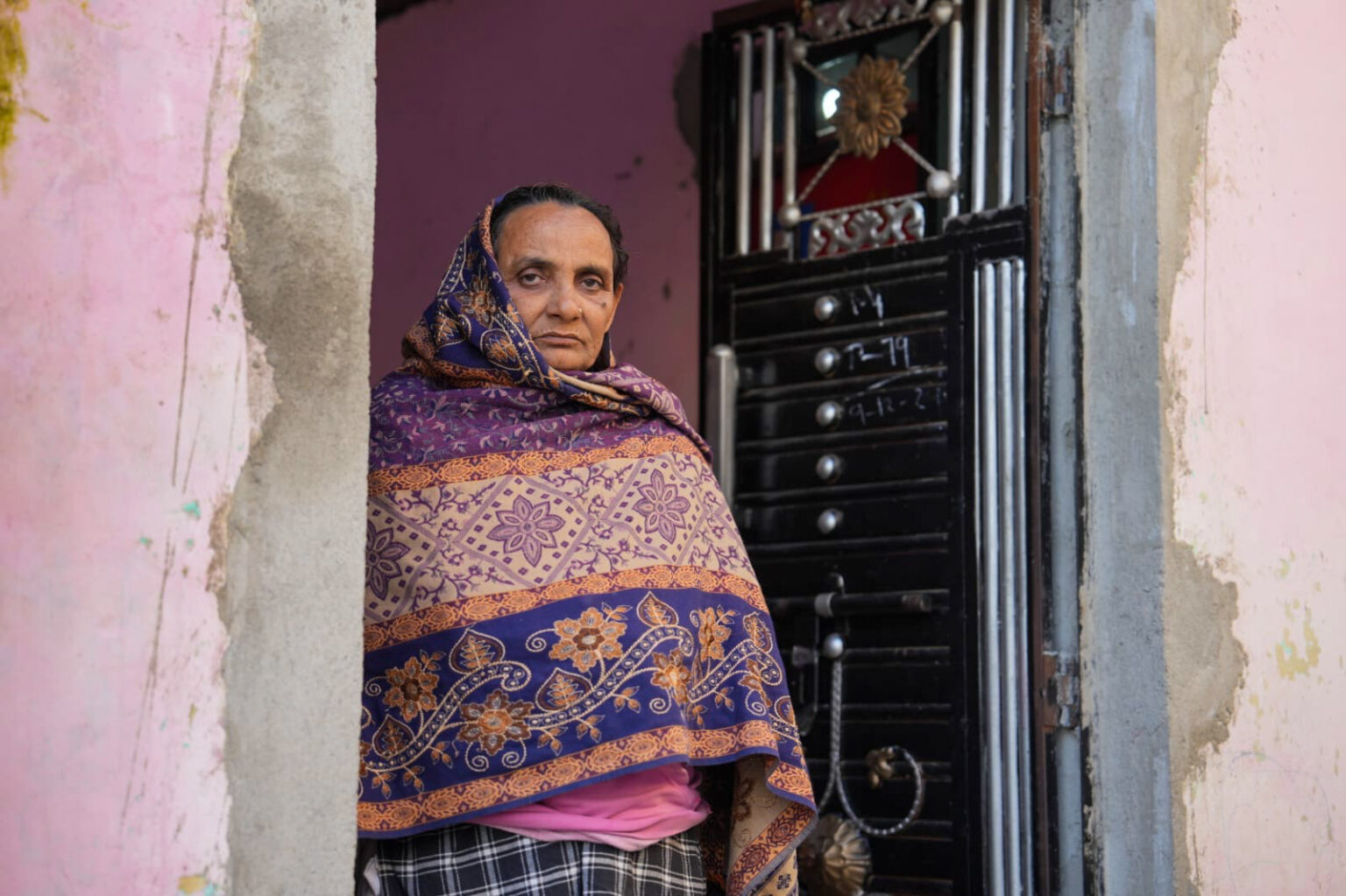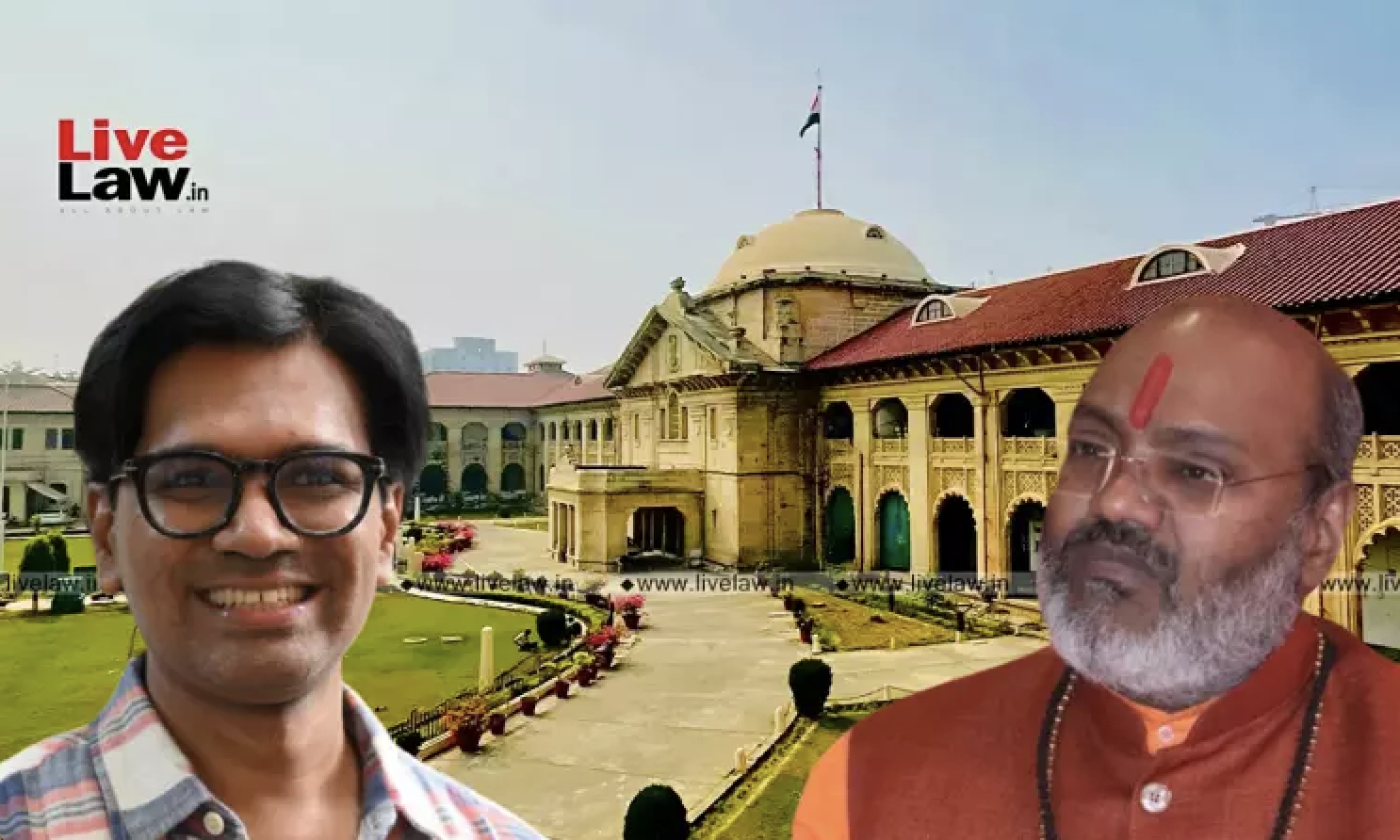Since entering India in 2017, Rohingya refugee Noor Mohammad and his wife have been forced to move at least a dozen times to escape unsafe conditions in the refugee camps and to avoid deportation.
Over the past seven years, shanties where they lived were destroyed twice when unexplained fires swept through Rohingya refugee camps in the northern Indian cities of Jammu and Nuh.
“Hindu leaders ordered us to vacate different areas a number of times in north India. They also threatened to retaliate with violent consequences if we disobeyed them,” Mohammad told VOA this week from an unidentified city in southern India.
“The police arrested some Rohingya on charges of illegal entry into India. To evade arrest and possible deportation with my children and wife, I kept moving from one area to another. Now, I have taken shelter in an urban slum and have gone underground,” said Mohammad, 37, who migrated to India following a military crackdown in Myanmar that forced more than 700,000 Rohingya to flee to Bangladesh.
For more than 50 years, minority Rohingya Muslims have fled to neighboring countries, including Bangladesh and India, to escape persecution and discrimination in Buddhist-majority Myanmar. But in recent years in India, the Rohingya refugees have been detained by police for illegal entry and threatened with deportation.
Last week, the United Nations Committee on the Elimination of Racial Discrimination called on India to end the arbitrary detention and forcible deportation of Rohingya refugees to Myanmar, where they would “risk being subjected to serious human rights violations and abuses.”
This story was originally published in voanews.com. Read the full story here.




